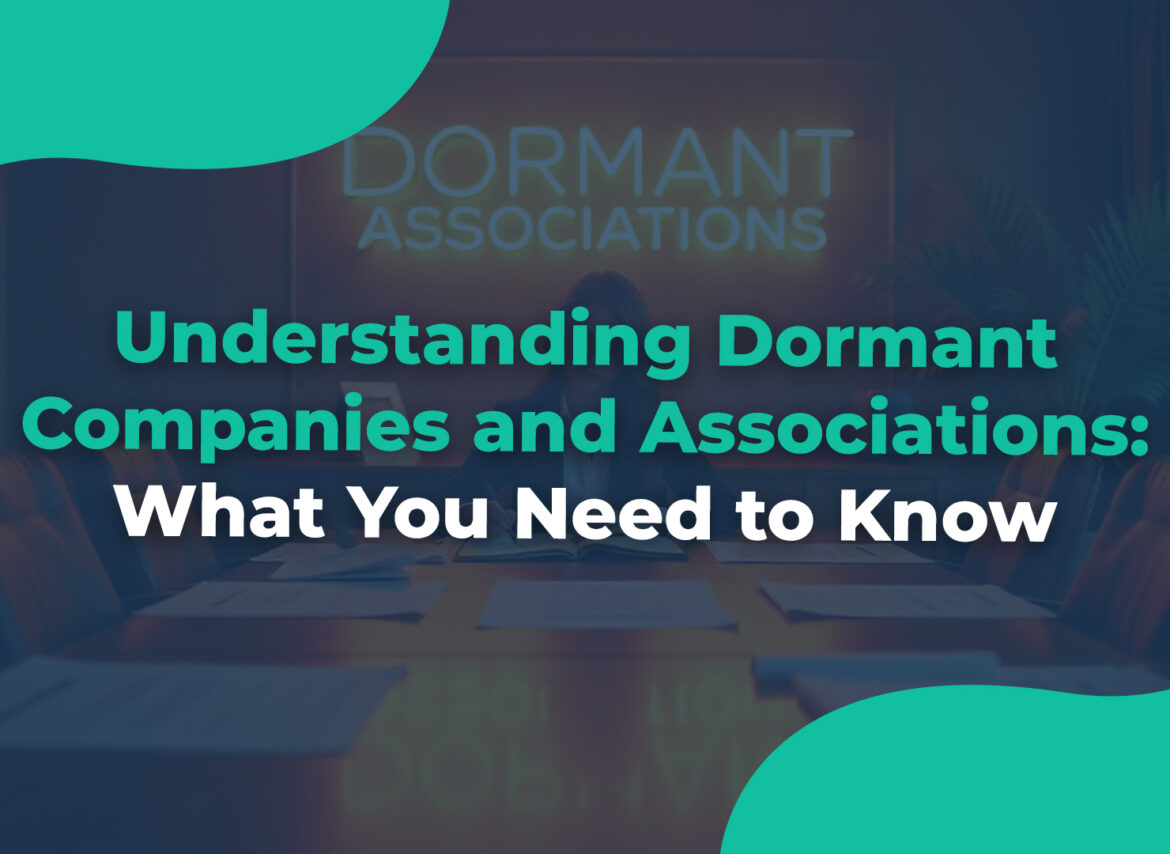What Is a Dormant Company or Association?
A company or association is considered dormant when it is inactive for specific purposes, such as Corporation Tax or Companies House filings. A company may be dormant if it:
- Has stopped trading and no longer generates income, including from investments.
- Is newly registered but has not yet begun trading.
- Is an unincorporated association or club with Corporation Tax liabilities under £100.
- Functions as a flat management company with limited transactions.
When Is a Company Dormant for Corporation Tax?
A company is typically classified as dormant for Corporation Tax if it is not actively trading or receiving income. Activities considered “trading” include:
- Buying and selling goods or services.
- Renting out property.
- Advertising or promoting services.
- Employing staff.
- Earning interest or other types of income.
HMRC provides detailed guidelines to determine if a company meets the criteria for dormancy.
How HMRC Handles Dormant Companies
When HMRC Declares Your Company Dormant
HMRC may contact you directly, informing you that your company or association:
- Has been classified as dormant.
- Does not need to pay Corporation Tax or submit Company Tax Returns.
When You Consider Your Company Dormant
If your company stops trading and has no income, you can notify HMRC about its dormant status.
- Filing Obligations:
Even if your company is dormant, you must file a final Company Tax Return if you’ve already submitted one or received a notice to deliver. This ensures HMRC records your dormant status accurately for the period in question. - After Dormancy Is Confirmed:
Once HMRC acknowledges your company as dormant, there’s no need to file further tax returns unless they send you another notice.
Dormancy and Companies House: What You Must Do
Being dormant for Corporation Tax doesn’t automatically mean you’re dormant for Companies House. You are still required to:
- Submit annual accounts and a confirmation statement (formerly the annual return).
- Fulfill any other regulatory obligations specific to your company type.
Other Considerations for Dormant Companies
VAT Registration:
- If you don’t plan to trade again, deregister for VAT within 30 days of becoming dormant.
- If you intend to restart trading in the future, continue submitting “nil” VAT returns during the dormant period.
PAYE Scheme:
If your company employs staff and you don’t plan to resume trading this tax year, close your PAYE scheme to avoid unnecessary administrative tasks.
Keeping Your Business Compliant
Dormant status simplifies your obligations in some areas but doesn’t eliminate all responsibilities. Staying compliant with HMRC and Companies House ensures your company avoids penalties and remains in good standing should you decide to reactivate operations.
If you’re unsure about the process or need help determining if your company qualifies as dormant, consult HMRC’s guidance or seek professional advice. Dormancy doesn’t have to be complicated, but it does require attention to detail!
TMG Pitchers make sure that your company stays compliant with our expert guide. Reach us to get tailored taxation solutions now!






